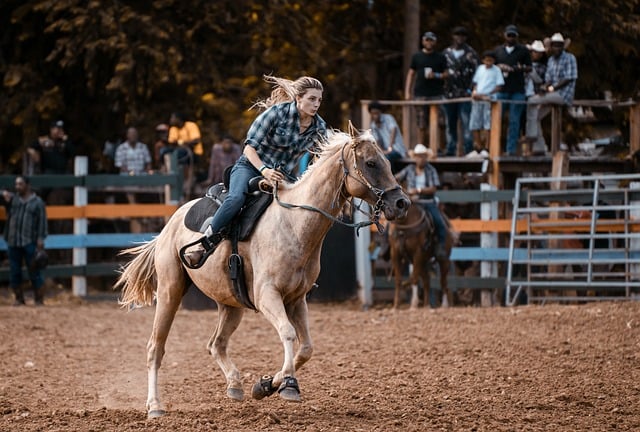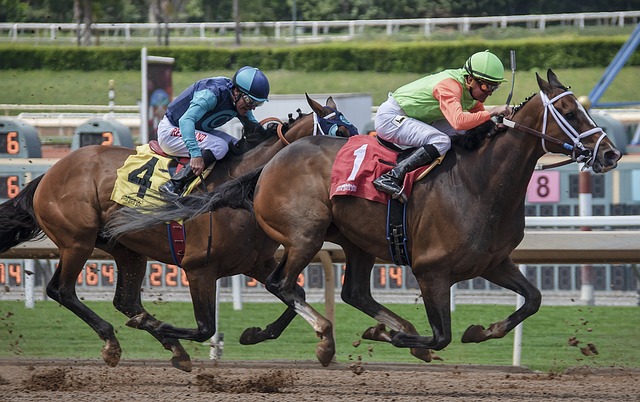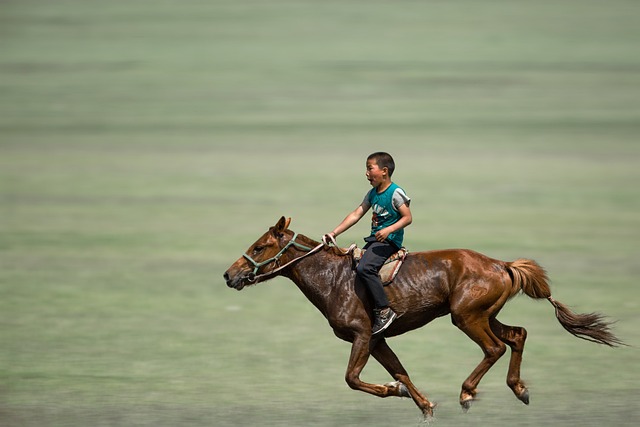Weather is one of the most underrated factors in sports betting. While most bettors focus on stats, injuries, and form, weather conditions can dramatically influence how a game is played—and its outcome. Whether it’s a rainy football match or a windy day on the golf course, the elements can tilt the odds and shift a bettor’s edge.
Understanding how weather impacts different sports helps you make smarter bets, avoid costly mistakes, and even identify value the market may have missed.
Rain and Wet Conditions
Rain is a major game-changer, particularly in outdoor sports like football, soccer, baseball, and tennis. In wet conditions, the pace of the game often slows down, increasing the likelihood of lower scoring. In soccer, for instance, a waterlogged pitch can reduce passing accuracy and limit attacking play, favoring the underdog or boosting the value of under bets.
In tennis, rain can delay matches, and damp courts affect ball bounce and player movement. In cricket, rain can reduce overs, introducing the Duckworth-Lewis method, which completely reshapes betting expectations. Always check for updated forecasts before placing pre-match bets.
Wind and Its Tactical Impact
Wind plays a crucial role in sports like golf, American football, and baseball. In golf, strong gusts make accuracy and shot selection more difficult, leading to higher scores and unpredictability—perfect for betting on long shots or against the favorites.
In football, wind affects both passing and kicking. A team relying heavily on a passing offense may struggle in high winds, while the kicking game becomes far less reliable. Totals betting (over/under) is especially sensitive to wind direction and speed. The same applies to baseball, where wind can either carry the ball further or keep it inside the park, influencing home run odds.
Heat and Player Endurance
High temperatures test player stamina and impact match tempo, especially in sports like tennis, soccer, and marathon running. In prolonged heat, players may fatigue faster, leading to more errors, substitutions, or slower-paced games. In tennis, intense heat can cause cramping and even retirements, which drastically alter betting outcomes.
Soccer teams from cooler climates may struggle when playing in tropical zones, particularly in international tournaments. Bettors can use this to spot fatigue patterns or second-half drop-offs, adjusting bets accordingly.
Snow, Ice, and Cold Conditions
Snow and icy conditions are less frequent but significantly impactful—especially in American football and soccer. Snow can turn a fast-paced football game into a grind, reducing scoring and increasing fumbles or turnovers. This often favors teams with strong running games or physical playing styles.
In soccer, snowy pitches slow down play and limit visibility. Underdogs sometimes perform better in poor conditions, as the playing field—literally and metaphorically—becomes more level. Weather like this often leads to lower-scoring games, so betting on the under or backing less skilled teams to keep it close can be profitable.

Final Thoughts: The Weather Betting Edge
Smart sports bettors don’t just watch the players—they watch the skies. Weather conditions can significantly influence performance, strategy, and even the outcome of games across many sports. By tracking forecasts, understanding how different elements affect gameplay, and adjusting your bets accordingly, you can gain a serious edge over the average punter.
It doesn’t take advanced meteorology to add weather analysis to your betting strategy—just attention, timing, and a bit of research. The next time clouds roll in, it might just be your chance to cash in.




